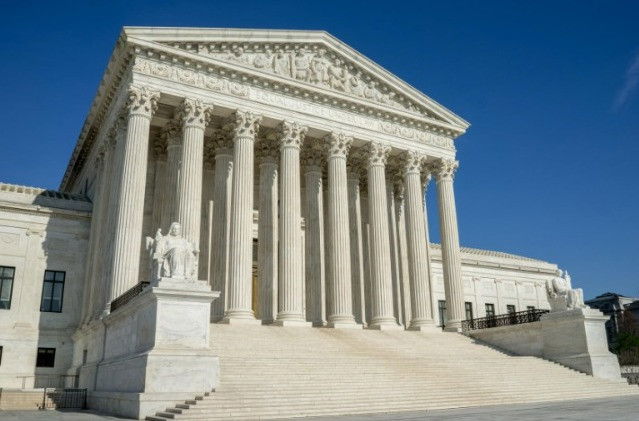America
Some deportations are subject to federal court review, according to the justices

NEW YORK (AP) — A divided Supreme Court declared on Monday that federal courts have no authority to review immigration officers' judgments in some deportation cases, even when they make "egregious factual blunders," as one dissenting justice put it.
Pankajkumar Patel, a Georgia resident, was found guilty 5-4 after checking a box stating he was a U.S. citizen when renewing his Georgia driver's licence in 2008.
Despite Georgia law allowing a noncitizen in Patel's situation to obtain a driver's licence, an immigration judge who works for the Justice Department found Patel intended to misrepresent his status in order to obtain his licence.
Patel and his wife, Jyotsnaben, admit to unlawfully entering the United States after leaving India 30 years ago. With the help of his business, Patel applied for a "green card," or lawful permanent residency status, in 2007. There are three Patels in the family. One is a citizen of the United States, while the other two are green-card holders married to Americans.
Patel's search for legal status, however, came to a halt when the immigration judge ruled that Patel had lied about his citizenship status on the licence application. Patel and his wife were ordered deported by the judge.
Under immigration law, federal courts cannot review such determinations, wrote Justice Amy Coney Barrett for five conservative justices. The US attorney general can give protection from deportation, but applicants must first be eligible, and Patel was ruled ineligible by the immigration judge.
Barrett ruled that "federal courts have a very limited role to play in this process," reasoning that immigration law "precludes judicial scrutiny of factual findings that underpin a denial of relief."
In dissent, Justice Neil Gorsuch joined the court's three liberal justices. "As a result," Gorsuch wrote, "no court may fix even the agency's most egregious factual mistakes about an individual's statutory eligibility for relief."
While the Supreme Court case concerned deportation, Gorsuch wrote that the decision could bar court review when immigration officials make factual errors in other situations, such as "the student hoping to stay in the country, the foreigner who marries a U.S. citizen, the skilled worker sponsored by her employer."
According to government figures, US Citizenship and Immigration Services rejected 13,000 green-card applications in the last three months of 2021 and has a backlog of about 790,000 pending cases, according to Gorsuch.



































